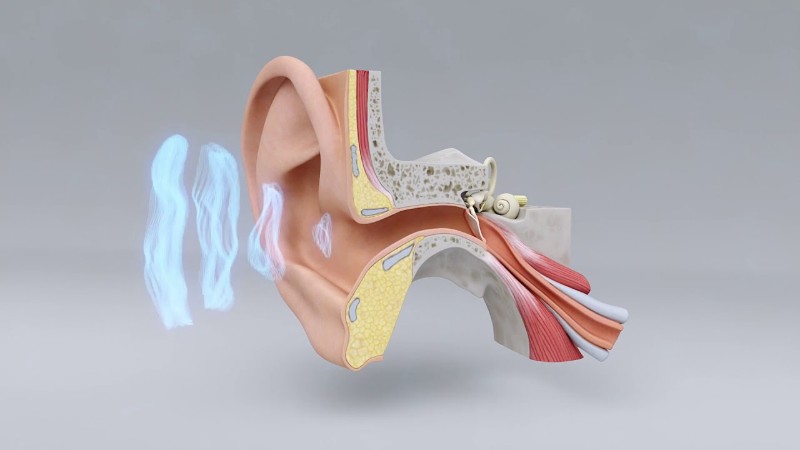A significant proportion of dementia diagnoses, estimated at around 40%, might have been delayed or prevented if their associated risk factors had been modified. Avoidable factors that contribute to dementia have been pinpointed by researchers.
These findings highlight the importance of proactive action in preventing dementia. By understanding the modifiable risk factors that contribute to dementia, we can take steps to reduce our risk.
Increasing life expectancy: a double-edged sword
As people live longer, their chances of developing dementia increase. The study also found that increasing life expectancy contributes to global numbers, particularly in low and middle-income countries where the rates of dementia are rising rapidly.
In this area, nearly two-thirds of the residents suffer from dementia primarily because they have a greater number of health risks including less formal education, high blood pressure, being overweight, difficulty with their hearing, and diabetes.
Dementia awareness: a global issue
With over 50 million people worldwide living with dementia, it’s essential that we raise awareness about this condition. Both governments and individuals need to work together to prevent the occurrence of dementia.
The plan sets the stage for developing rules and making personal modifications that can collectively contribute to reducing the risk of brain deterioration, including dementia.
By understanding the risk factors and taking action, we can reduce our individual risk of developing dementia, and alzheimer’s.
This is particularly important as the global population ages, and the number of people living with dementia is expected to reach 152 million by 2050. So what can be done to prevent such a debilitating disease?
The study recommends nine lifestyle changes that individuals can make to reduce their risk of developing dementia.
To keep healthy in middle age, it’s recommended to have a systolic blood pressure of 130 mm Hg or less, wear prescribed hearing aids if necessary, and limit exposure to pollutants and secondhand cigarette smoke.
By making these lifestyle changes, we can notably lessen our risk of developing dementia. The study’s results emphasize the need for individuals to take proactive action to prevent or delay the onset of dementia.
Also by addressing other risk factors, such as anxiety and depression, individuals can significantly reduce their chances of developing this mental disease.
Through a comprehensive grasp of the modifiable risk factors associated with dementia, individuals can proactively adopt measures aimed at reducing their personal vulnerability to this complex and multifaceted disease.
The increasing trend in human lifespan is a double-edged phenomenon that not only exacerbates the global burden of dementia but also serves as a stark reminder of the imperative for proactive measures aimed at detecting and preventing this debilitating condition.
Raising awareness about dementia is essential for reducing the stigma surrounding this condition, which can empower individuals to overcome their fears of seeking a diagnosis and subsequently take proactive measures to prevent or delay its onset.
By adopting simple yet effective lifestyle modifications and taking proactive steps towards prevention, we can significantly reduce our risk of developing dementia.
This pressing issue demands immediate consideration and collective action from governments, healthcare systems, and individuals worldwide.
The way forward
As we move forward in our collective efforts to combat this growing health concern, it’s essential that we prioritize research into the prevention of dementia.
It is crucial that we establish and execute comprehensive policies and strategic plans aimed at minimizing the likelihood of individuals developing dementia. By collaborating in a concerted effort, we can establish a future where individuals enjoy extended periods of healthy living, unencumbered by the debilitating effects of dementia.















